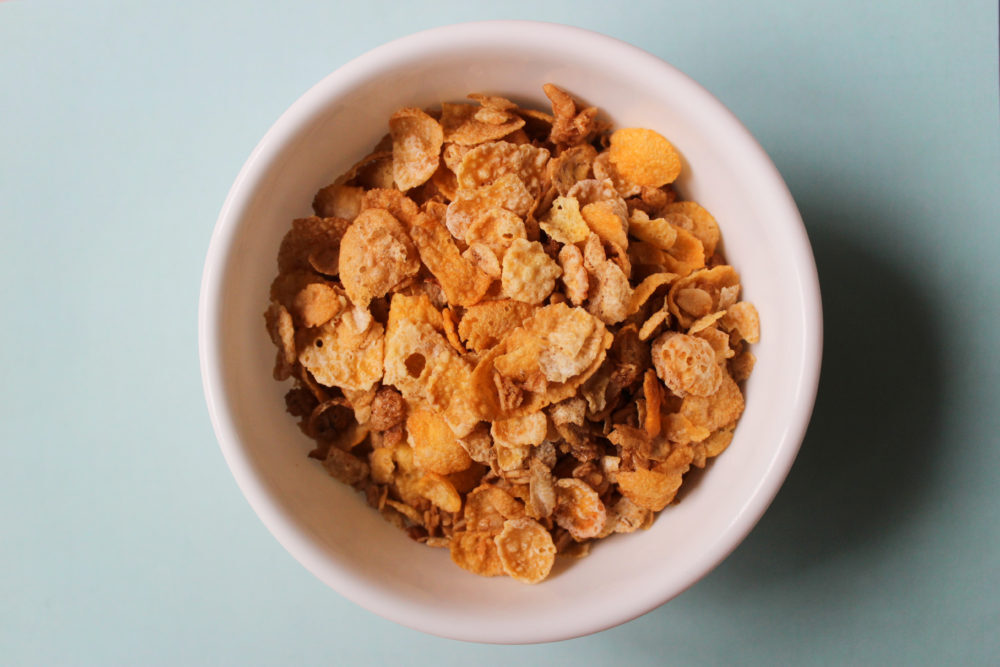
By Hien Bui and Britney Tran, Staff Writers
Breakfast could be defined as something of a cultural phenomenon. It has inspired a whole sub-genre of foods since its beginnings in the 17th century. Waffle irons, toasters, and other breakfast food paraphernalia wouldn’t have a place in our households without this meal. The television audience has seen people depicted sitting down in front of huge spreads. Not to mention, there are countless variations of breakfast across people and geological divisions.
The morning meal has been recognized as “the most important meal of the day”. Its image as the essential meal has practically been immortalized. You’ve definitely heard the saying. You might’ve even been chastised for skipping the morning meal with the same phrase.
However, there’s good news for breakfast-skippers or people who feel nauseous eating early in the morning everywhere: there’s no conclusive evidence that skipping breakfast harms your health.
It seems like a betrayal, doesn’t it? How could something upheld as common wisdom for so long be so wrong? Doesn’t skipping the meal cause weight gain and impair your cognitive abilities? Aren’t we told to eat a good breakfast before every rigorous test? And what about all the breakfast commercials that emphasize the meal’s importance?
As it turns out, the myth of breakfast was developed and, since then, perpetuated by advertisers.
The story starts with breakfast cereal. Specifically, one producer: Kellogg’s brand.
Today, Kellogg is a dominating force in the breakfast industry. Above almost every breakfast food, you can find the iconic red font of the Kellogg group. However, the beginnings of the company that stocks a majority of our supermarket shelves were humbler than some might expect. It all began in the 20th century with two religious men who invented breakfast cereal, giving their new creation importance through moral rhetoric through its religious ties and the impression that it increased productivity.
These early days of cereal set up breakfast’s role as ads like General Foods’ promotion of Grape Nuts used sayings like “Eat a Good Breakfast — Do a Better Job”. As breakfast became increasingly linked to nutrition and healthy living, the idea only spread. Soon enough, it was clear that the cereal manufacturers had done it: breakfast was the most important meal of the day and their products were selling. A simple ad campaign had revolutionized the way Americans ate in the mornings.
In actuality, breakfast doesn’t seem to be better for you than any other meal despite research that might state otherwise. The studies that exist could very well be biased. Breakfast research seems to be backed by the very companies that create those products. A Vox article about the lobbying behind our breakfast research recounted how “[a] review of observational data, which concluded that breakfast skipping is not a good way to manage weight, was funded by the Kellogg Company. Another study, which found that skipping breakfast had health costs, was funded by the Quaker Oats.”
The closer scientific reality is that breakfast-eaters and breakfast-skippers are both valid with neither group being better off health-wise than the other. A review of 10 studies found “limited evidence” that eating or skipping breakfast influenced weight or eating habits later on. The consensus was that more evidence was needed to establish any correlation with breakfast and health.
That isn’t to say it’s unhealthy to have breakfast either. Some people feel like they need the meal after hours of sleep and it might work better for them. For others, it might feel more natural to skip breakfast. It’s a matter of personal choice and not so much a matter of health. Just don’t feel pressured to eat breakfast because it’s supposedly “the most important meal of the day”.





